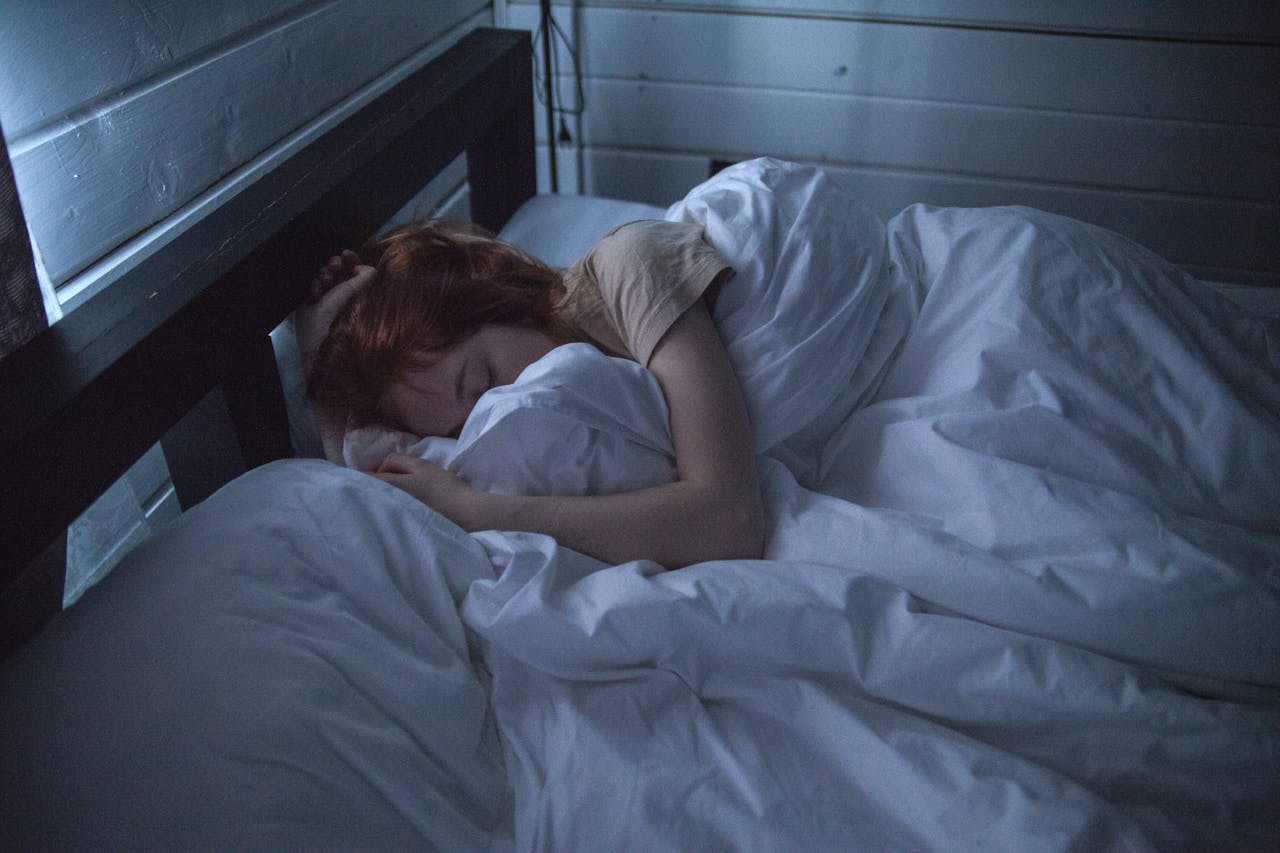Write Us: hello@ali5.org
How to Improve Sleep Naturally: Tips for Better Rest
Tired of tossing and turning? This guide shows you how to improve sleep naturally with proven tips for better rest, without pills or high-tech gadgets.

Let’s Start With the Truth. You’re Probably Not Sleeping Enough
You’re tired, but you can’t fall asleep. Or maybe you do fall asleep, only to wake up at 3 a.m. staring at the ceiling. Sound familiar? You’re not alone. Millions of people struggle with poor sleep, and no, popping a sleeping pill every night isn’t the long-term answer.
The good news? You can improve your sleep naturally. No fancy gadgets, no prescriptions, just smarter habits, a little patience, and a few small changes that make a big difference.
Let’s get into it.
Why Sleep Matters (More Than You Think)
Sleep isn’t just about “feeling rested.” It affects literally everything:
-
Your mood
-
Your focus
-
Your immune system
-
Your metabolism
-
Your ability to handle stress
-
Even your risk for chronic illnesses
Think of sleep like a reset button for your brain and body. Without it, everything else starts glitching.
1. Set a Sleep Schedule, and Stick to It
Your body loves rhythm. Going to bed at 10 p.m. one night and 1 a.m. the next? It throws everything off. The more consistent your sleep and wake times, the easier it is to fall asleep and stay asleep.
Try this:
Pick a realistic bedtime and wake-up time you can stick to even on weekends. Yes, that includes Sunday morning.
2. Limit Screen Time Before Bed
Here’s the deal: your phone, TV, and laptop all emit blue light, which tricks your brain into thinking it’s daytime. That means less melatonin (your sleep hormone) and more tossing and turning.
What to do instead:
-
Turn off screens at least 30-60 minutes before bed
-
Use blue light filters or “night mode” if you have to scroll
-
Try reading, journaling, or stretching instead
Your brain needs time to slow down, and TikTok at midnight won’t help.
3. Watch What You Eat (and Drink) at Night
Heavy meals, spicy food, sugar, and caffeine too close to bedtime? All potential sleep wreckers. And yes, that “one cup of tea” at 6 p.m. could still affect you, especially if it’s black or green tea.
Sleep-friendly choices:
-
Chamomile or peppermint tea
-
A light snack like a banana with almond butter
-
Avoid alcohol and caffeine after late afternoon
Food is fuel, but timing matters.
4. Create a Sleep-Friendly Environment
Your bedroom should feel like a cave: cool, dark, and quiet.
-
Keep the room temperature between 60–67°F (16–19°C)
-
Use blackout curtains or an eye mask
-
Block out noise with earplugs or a white noise machine
-
Make your bed comfy, don’t underestimate a good pillow or mattress
Also? Try to keep work out of the bedroom. If your brain associates your bed with emails or studying, it’ll struggle to switch into “rest mode.”
5. Be Smart About Naps
A short nap can be magical. But too long or too late in the day? You’ll be wide awake when it’s time for real sleep.
Napping tips:
-
Keep it under 30 minutes
-
Avoid napping after 3 p.m.
-
If you don’t sleep well at night, skip the nap altogether
Naps are like snacks. Great in moderation, not a substitute for the real thing.
6. Get Moving. But Not Right Before Bed
Exercise is one of the best natural sleep boosters. It helps reduce anxiety, burn off extra energy, and reset your internal clock. But timing matters.
What works:
-
Morning or afternoon workouts improve sleep quality
-
Gentle evening movement (like yoga or walking) is fine
-
Avoid intense workouts within 2 hours of bedtime
You want to wind down, not rev up.
7. Try Natural Sleep Aids (If Needed)
If your sleep needs a little extra help, there are gentle, natural options out there:
-
Magnesium: helps relax muscles and calm the nervous system
-
Melatonin: useful for jet lag or occasional insomnia (not for daily use)
-
Lavender: Aromatherapy or pillow sprays can reduce anxiety
-
Valerian Root or Passionflower: herbal teas that promote calm
Always talk to a healthcare provider before starting supplements, especially if you take other meds.
8. Calm Your Mind Before Bed
Sometimes the problem isn’t your body, it’s your thoughts. You’re replaying the day, worrying about tomorrow, or stressing over things you can’t control.
Wind-down ideas:
-
Write down your to-do list so it’s not circling in your head
-
Practice deep breathing or try a guided meditation
-
Use journaling to process your thoughts or vent
-
Listen to calming music or a sleep podcast
Even 10 quiet minutes can signal to your brain: “Hey, it’s time to rest now.”
Final Thoughts: Sleep Isn’t a Luxury, It’s a Need
Improving your sleep naturally isn’t about one magic trick. It’s about building habits that support rest consistently. It takes time and some trial and error, but once you start waking up refreshed (without hitting snooze ten times), it’s worth every bit of effort.
Remember: Better sleep = better everything.







